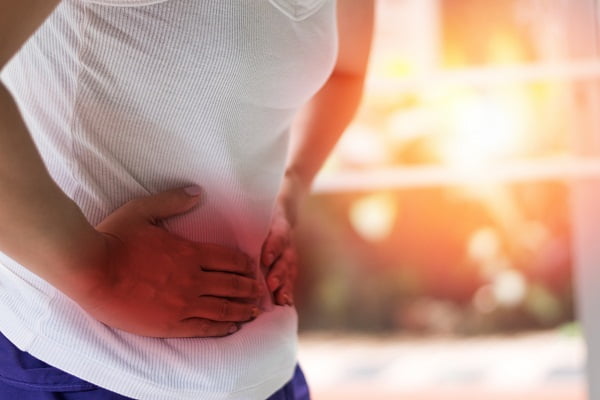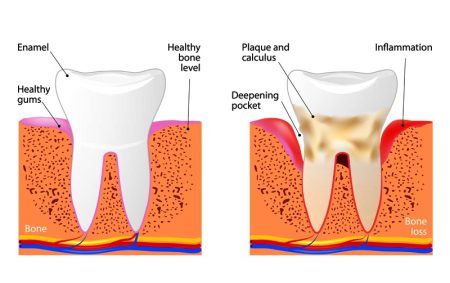Crohn’s Flare-Up, Crohn’s Disease Pain: What It Feels Like to Have Crohn’s?
- Updated on: Jun 27, 2024
- 3 min Read
By
- Published on Sep 26, 2019


What is a flare up in Crohn’s disease?
Crohn’s flare-ups refer to sudden re-appearing of symptoms for people suffering from Crohn’s disease (a chronic inflammatory bowel disease that affects the lining of the digestive tract).
A flare-up can activate inflammation in any part of the gastrointestinal tract. Crohn’s disease varies from person to person and may change over time.
What are the symptoms of a Crohn’s flare up?
Crohn’s is a progressive disease, so symptoms could get worse with time. The patient should immediately inform the doctor of experiencing symptoms or worsening of symptoms. Crohn’s can affect the entire GI tract starting from the mouth to the anus, hence the symptoms should not be ignored even if they seem unrelated to Crohn’s.
Symptoms of the disease may vary depending on the part of the gut affected and the severity of the condition. The most common symptoms experienced by the patient are:
- Diarrhea
- Tummy (abdominal) pain
- Feeling generally unwell (loss of appetite, fever and tiredness)
- Tenesmus (feeling of wanting to go to the toilet but with nothing to pass)
- Weight loss
- Ulcers in the lining of the gut
- Anemia
- Mouth ulcers
- Anal fissures (painful cracks in the skin of the anus)
What can cause a Chrohn’s flare-up?
Sudden flare-ups can arise due to following factors:
- Smoking tobacco
- Pollution
- Disruptions or changes in medication
- Chronic stress
- Non-steroidal anti-inflammatory drugs
- Antibiotics
Crohn’s disease pain
Abdominal pain and cramps are the most common symptoms of Crohn’s disease. The pain is felt around the belly button or on the lower right side of the abdomen.
Generally, pain occurs 1 to 2 hours after eating, but can also occur at any time with no obvious cause. The patient may eat less or avoid eating due to the severe pain.
Abdominal pain gets worse during the flares up. Active inflammation can cause pain because inflammation can make the nerves more sensitive. The pain occurs in the part of the gut which is affected.
The last part of the small intestine (ileum) is the most affected area. Therefore, pain is generally experienced in the lower right side of the tummy (abdomen). The severity of pain can vary from person to person.
How common is the abdominal pain?
It is estimated that 50 to 70 percent of adults have abdominal pain during the Crohn’s flare-up. About 20 percent have pain even when the disease is in remission (a period of healing with no inflammation and no symptoms).
How is abdominal pain evaluated?
If abdominal pain and cramps get worse, it could be a sign that Crohn’s disease is flaring up. It becomes necessary to see the healthcare provider. He or she may recommend some tests such as blood or stool tests to check for signs of inflammation.
He or she may also ask for certain procedures such as colonoscopy or upper endoscopy, computed tomography (CT) scan, or small-bowel follow-through. These procedures are done to check for inflammation and obstruction.
How is abdominal pain treated? What can you take for pain with Crohn’s disease?
Abdominal pain in case of Crohn’s disease is treated by treating the underlying cause first. After the treatment, pain and cramps should improve within a few weeks. If not, further evaluation is necessary. The healthcare provider may need to check for complications.
Pain medications are helpful to relieve the pain. Health care providers may recommend acetaminophen or COX-2 inhibitors.
Sometimes, the pain is so severe that it is very difficult to control, even with medication. In such cases, the health care provider may suggest a therapy or antidepressants in order to cope with the excruciating pain.












